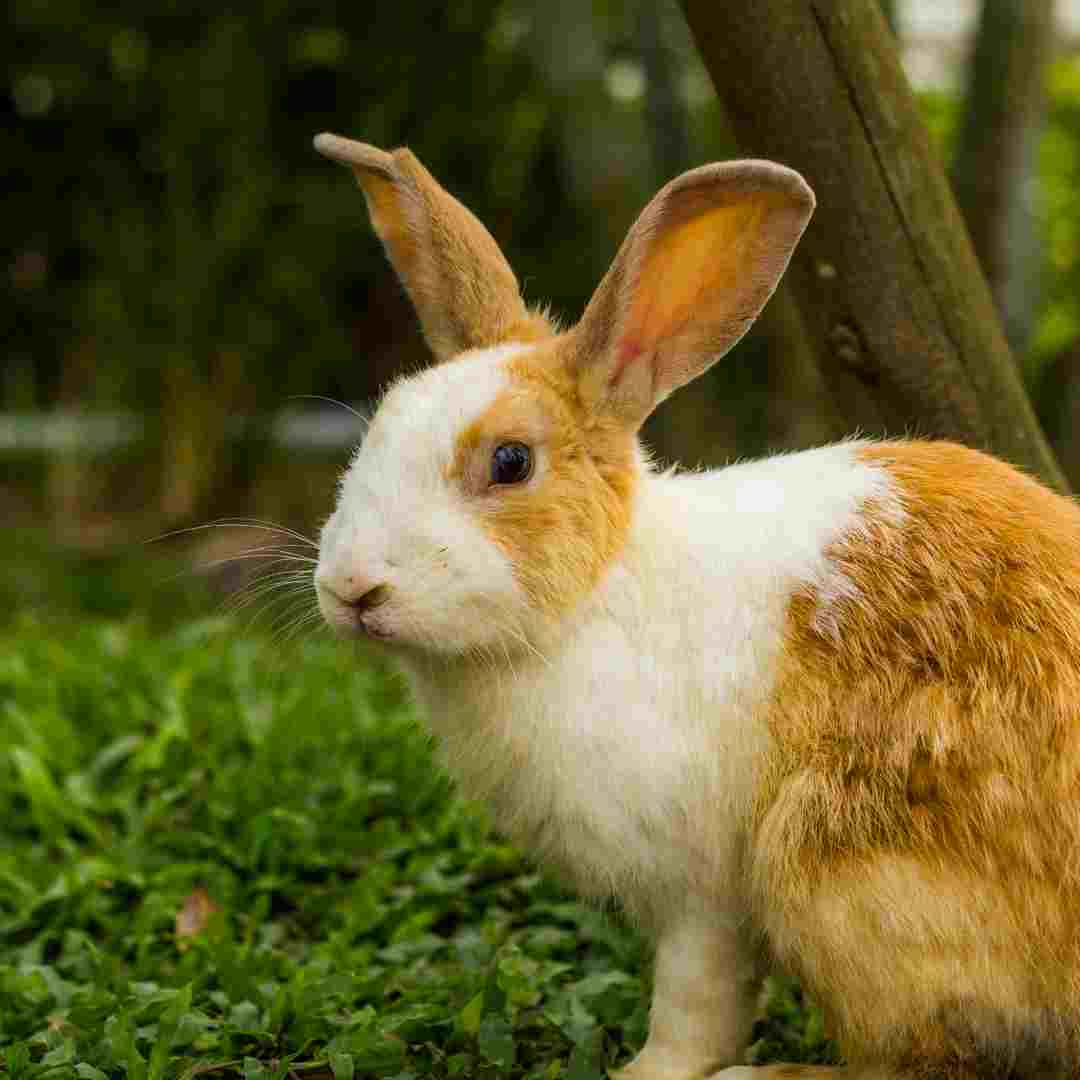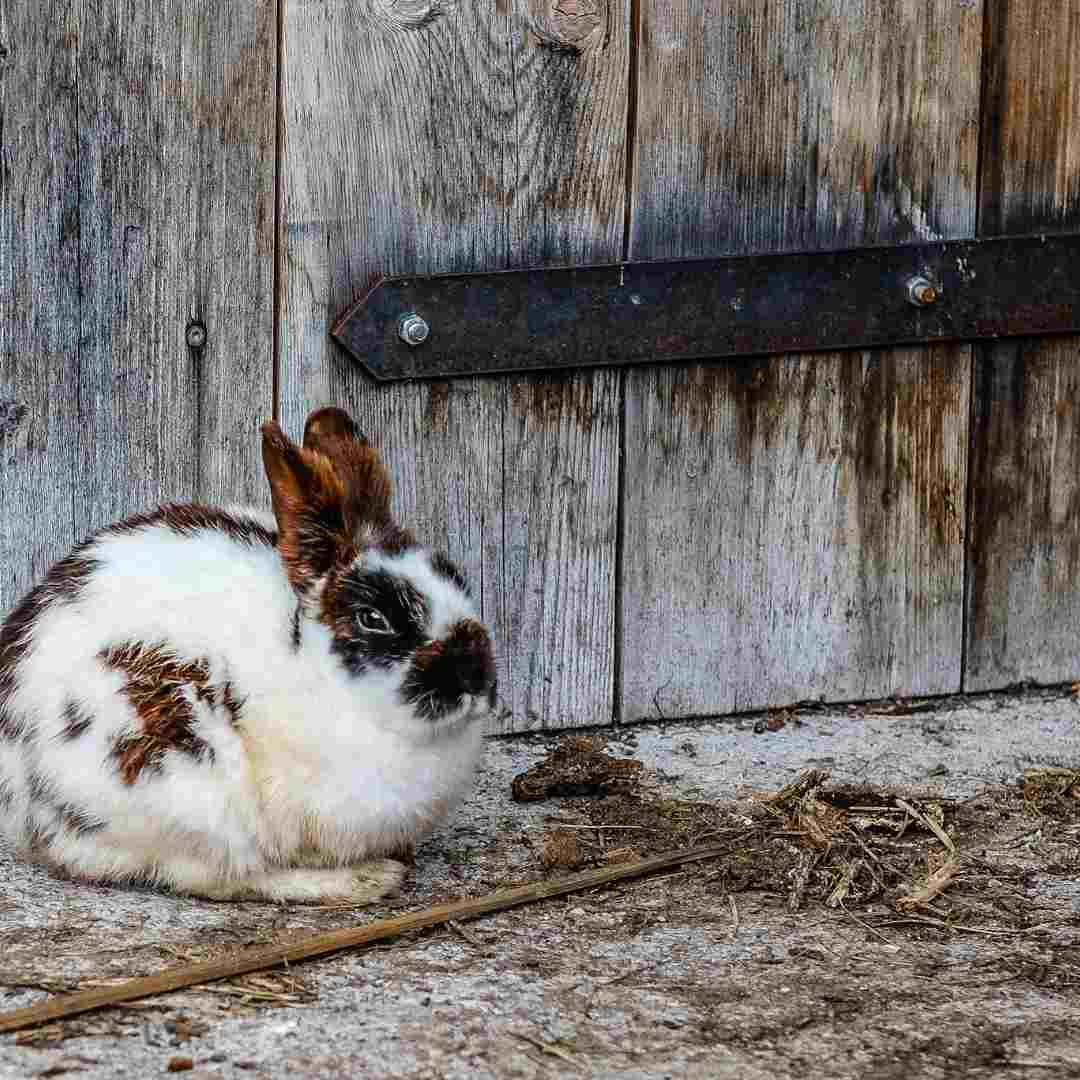Contents Table
Introduction
Know the Basics of Rabbit Care to Keep Your Rabbit Safe
How to Prevent Common Rabbit Health Issues
Rabbit Spaying and Neutering Benefits
A Safe and Engaging Environment for Your Rabbit
Overfeeding Your Rabbit: Risks and Prevention
Q&A
Conclusion
Introduction
Rabbits are popular pets worldwide for good reason. They are cute, cuddly, and good friends. Can rabbits be pets safely? Yes, but there are some essential factors. Rabbits need special care and are sensitive to their environment. Understanding your rabbit's needs and providing a safe and comfortable environment are crucial. This article discusses rabbit safety as a pet and how to keep your rabbit healthy.
Know the Basics of Rabbit Care to Keep Your Rabbit Safe
Rabbits are cute pets, but they need specific care to stay healthy. Follow these basic rabbit care tips to keep it happy and healthy.
Housing: Rabbits need a safe, large enclosure. The enclosure should be big enough for your rabbit to wander about and made of durable materials that won't gnaw or scratch. The enclosure should be clean and debris-free.
A healthy rabbit diet includes hay, fresh veggies, and a little pellets. Hay should always be accessible and make up most of your rabbit's diet. Fresh veggies like carrots, dark leafy greens, and others should be offered daily. Give pellets in modest amounts without artificial colours or flavours.
Bunnies need lots of exercise to keep healthy. Give your rabbit a spacious exercise enclosure or a closed space to run and play. Allow your bunny to play and explore here for an hour daily.
Grooming: Regular grooming keeps rabbit fur clean and mat-free. Check your rabbit's fur for parasites and skin irritation using a gentle brush. Trim your rabbit's nails frequently to prevent overgrowth.
Health Care: Rabbits need regular vet visits. Veterinarians can advise on diet, exercise, and other care. Vaccinations may also protect your rabbit from illnesses.
You can keep your rabbit happy and healthy by following some basic care tips. Your rabbit may be a great friend for years with proper care.
How to Prevent Common Rabbit Health Issues
Rabbits are popular pets but can get sick. Awareness and prevention of these disorders are crucial.
Dental disease is frequent in rabbits. If rabbits don't chew, their teeth might become too large and cause pain and difficulties eating. Give your rabbit plenty of hay, wood blocks, and chew toys to prevent dental disease.
A typical rabbit health issue is gastrointestinal stasis. This illness slows or stops the digestive system, causing gas and other toxins to build up in the gut. Keep your rabbit's diet high in fibre and low in sugar and fat to avoid gastrointestinal stasis. You should also provide your rabbit fresh water and exercise.
Rabbits also get fleas, mites, and worms. Clean your rabbit's habitat and treat fleas and worms regularly to prevent parasites. You should also inspect your rabbit for parasites like itching, scratching, or bald spots.
You can keep your rabbit healthy and happy by preventing these common health conditions.
Rabbit Spaying and Neutering Benefits
Responsible pet ownership includes rabbit spaying and neutering. It reduces unwanted bunnies and improves your pet's health and behaviour.
Spaying and neutering your rabbit reduces the risk of some cancers. Unespayed female rabbits are more likely to get uterine cancer, whereas unneutered male rabbits suffer testicular cancer. Preventing ovarian cysts and uterine infections is another benefit of spaying and neutering.
Besides improving health, spaying and neutering your rabbit can lessen undesired behaviour. Unneutered male rabbits mount and spray pee more aggressively. Female rabbits who are not spayed may become aggressive and cage-protective. Spaying and neutering might calm your rabbit and make it easier to handle.
Finally, spaying and neutering lessen unwanted bunnies. Unspayed female rabbits can have four litters per year with eight kits each. This can soon rise to rabbit overpopulation, making management problematic. Spaying and neutering unwanted bunnies can decrease the problem and prevent your pet from contributing.
Finally, rabbit spaying and neutering is responsible pet ownership. It reduces unwanted bunnies and improves your pet's health and behaviour. Spaying and neutering your rabbit helps keep it healthy, well-behaved, and reduce overpopulation.
A Safe and Engaging Environment for Your Rabbit
Your rabbit needs a safe, exciting environment to stay healthy. Social rabbits need lots of area to play and explore. Make your rabbit's environment safe and stimulating with these recommendations.
1. Provide a secure, big enclosure. Rabbits require lots of room to roam. A huge enclosure with plenty of space is necessary. Since rabbits are skilled at escaping, make sure the enclosure is secure and escape-proof.
2. Provide lots of toys and activities. Healthy and happy rabbits need lots of stimulus. Keep your rabbit entertained with tunnels, boxes, and chew toys.
3. Provide a hiding spot. Rabbits need a place to hide when terrified or stressed. Let your rabbit hide in a box or tunnel when they need time alone.
4. Offer different surfaces. Rabbits need several surfaces to play on. Give your rabbit grass, carpet, and wood to explore.
5. Serve diversity. Healthful rabbits need variety in their diet. Give your rabbit a variety of fresh veggies, hay, and pellets to provide proper nutrition.
You may give your rabbit a safe and stimulating environment by following these guidelines. This will keep your rabbit happy and healthy for years.
Overfeeding Your Rabbit: Risks and Prevention
Rabbits are cute pets but need a lot of care. A good diet is crucial to rabbit care. Overfeeding rabbits can cause major health issues, but many owners do it.
Rabbits can get obese from overfeeding. This can cause heart, lung, joint, and intestinal disorders. Obesity can also make rabbits' grooming harder, causing skin and hair issues.
Diet should be high in fibre and low in fat and sugar for your rabbit. Diets heavy in fat and sugar can cause obesity and other health issues. You should also feed your rabbit fresh hay and veggies. These fiber-rich foods provide critical elements for a balanced diet.
Track your rabbit's weight and change their nutrition. Reduce your rabbit's food if it's gaining weight. Make sure your bunny gets adequate exercise. Give your rabbit lots of room to run and play to be active and healthy.
Finally, remember that rabbits are grazers and need tiny amounts of food throughout the day. This will avoid overeating and obesity.
Follow these simple tips to keep your rabbit healthy and happy. Your rabbit may live long and healthy with the appropriate nutrition and activity.

Q&A
1. Is pet rabbit ownership safe?
Properly cared-for rabbits make great pets. They are friendly and entertaining, but they need a lot of attention and gentle handling.
2. Rabbits need what kind of environment?
Rabbits require a secure, spacious habitat to explore. Fresh hay, water, and a variety of vegetables and fruits are needed. They need safety and a place to hide.
3. Do rabbits have health issues?
Rabbits can get dental, gastric, and respiratory illnesses. To avoid these difficulties, keep your rabbit's environment clean and feed them well.
4. How often should rabbits be groomed?
Groom rabbits weekly to remove matting and clean their fur. They should be checked for parasites and other health conditions.
5. Are rabbits social?
Rabbits like socialising with other rabbits and people. They should have lots of playtime and socialisation.
Conclusion
In conclusion, rabbits are safe and fun pets for many. Their cheap maintenance makes them companionable and entertaining. Before adopting a rabbit, research the breed and its needs. The rabbit needs sufficient nourishment, medical care, and a safe environment. Rabbits may enrich any home with proper care.
